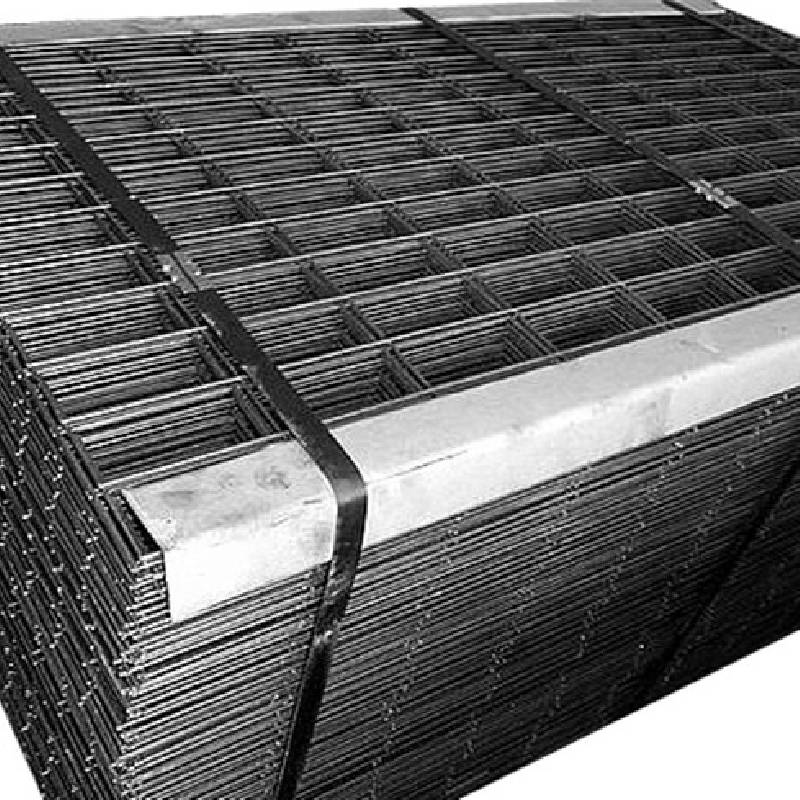
- Mobile Phone
- +8613931874955
- sales@cntcmetal.com
dowel bar
Dowel bars play a crucial role in the construction and maintenance of concrete pavements. These bars, typically made of steel, are inserted into slots in the concrete to provide structural support, enhance load transfer at joints, and minimize cracking. By effectively distributing stress across the pavement slab, dowel bars help to ensure the longevity and durability of the surface.
One of the primary functions of dowel bars is to facilitate the transfer of loads between adjacent slabs. When heavy vehicles traverse a joint, the dowel bars can transfer some of the load from one slab to the next, reducing the accumulation of stress at the joints. This is particularly important because joints are often the points where failures can occur, leading to costly repairs and potential safety hazards.
Furthermore, dowel bars contribute to better alignment and stability of the pavement. By keeping the joints aligned, they help to prevent uneven wear and tear, which can result in potholes and other surface deformations. The use of dowel bars is also a critical consideration in the design phase of pavement construction, where engineers must determine the appropriate diameter, length, and spacing to ensure optimal performance.
dowel bar

In addition to their structural benefits, the installation of dowel bars can influence the maintenance and rehabilitation of concrete pavements. Pavement engineers often assess the condition of dowel bars during inspections to determine if a pavement is in good condition or if it is experiencing issues like faulting. Faulting, which occurs when one slab is higher than its neighbor, can lead to rough riding surfaces and increased wear on vehicles. Properly functioning dowel bars can help minimize faulting and extend the service life of the pavement.
In conclusion, dowel bars are essential components in concrete pavement systems, serving to enhance structural integrity, facilitate load transfer, and prolong pavement lifespan. Their significance cannot be overstated, as they directly impact both the performance and safety of concrete roads and highways. As construction practices continue to evolve, the role of dowel bars in modern pavement design and maintenance will remain vital for ensuring efficient and resilient transportation infrastructure.
share:
-
Your Source for Concrete Wall Ties and Masonry AccessoriesNewsJul.10,2025
-
Unlocking the Power of Iron Wire for Every ProjectNewsJul.10,2025
-
Explore Advanced Chain Wire and Stainless Steel Mesh FencingNewsJul.10,2025
-
Discover the Benefits of Annealed Wire ProductsNewsJul.10,2025
-
Discover China Stainless Steel Wire Mesh SolutionsNewsJul.10,2025
-
Build with Confidence Using High-Performance Masonry AccessoriesNewsJul.10,2025
-
Why Sacrificial Formwork Is Redefining Underground ConstructionNewsJun.06,2025



















